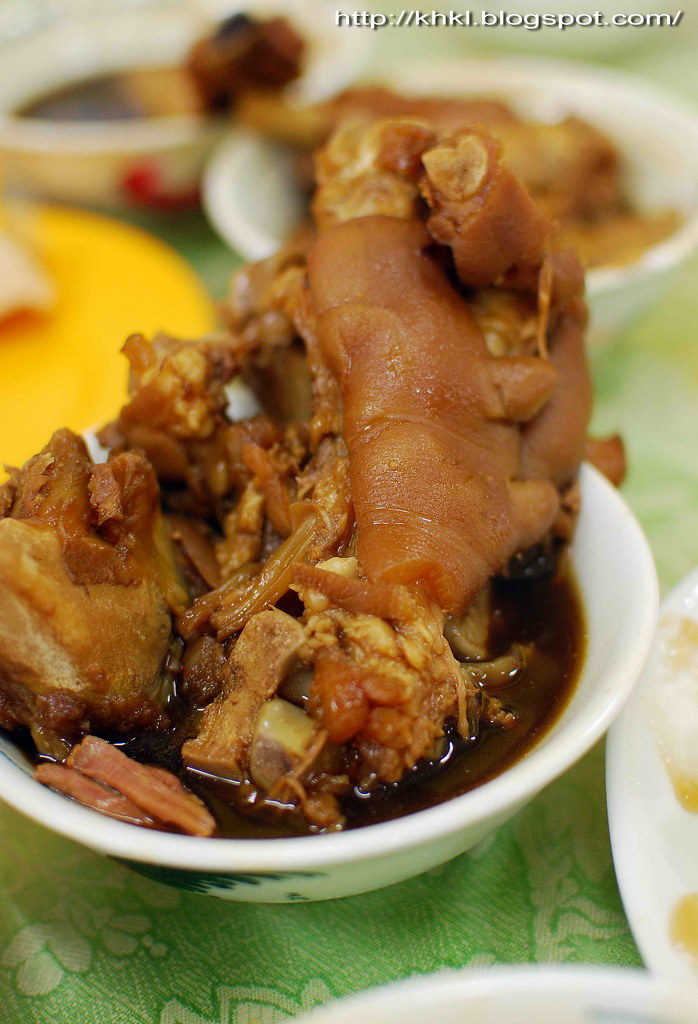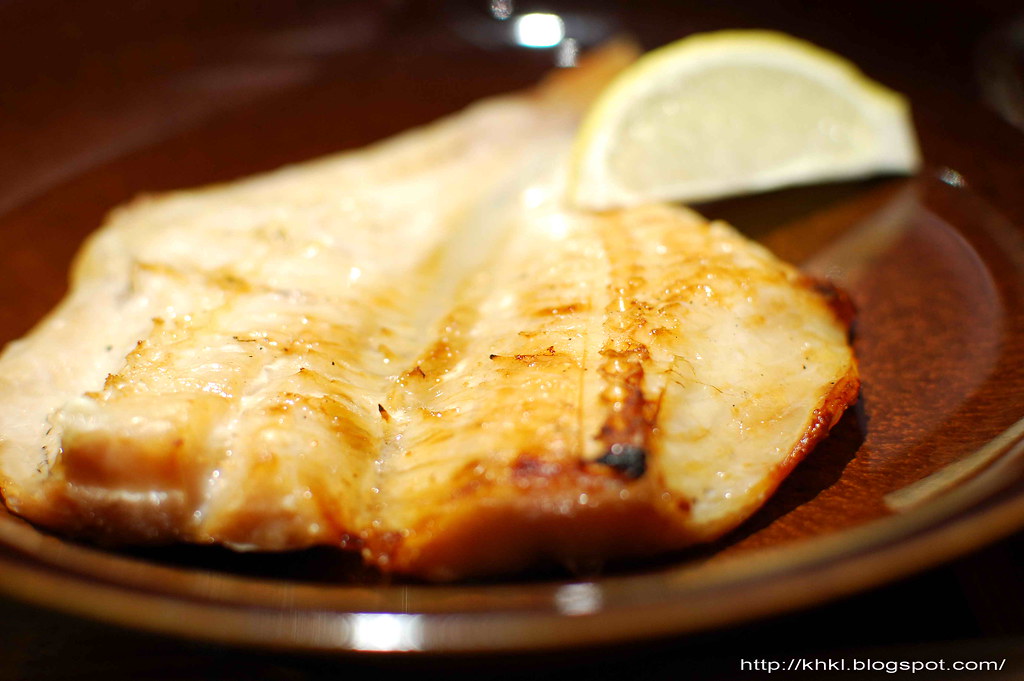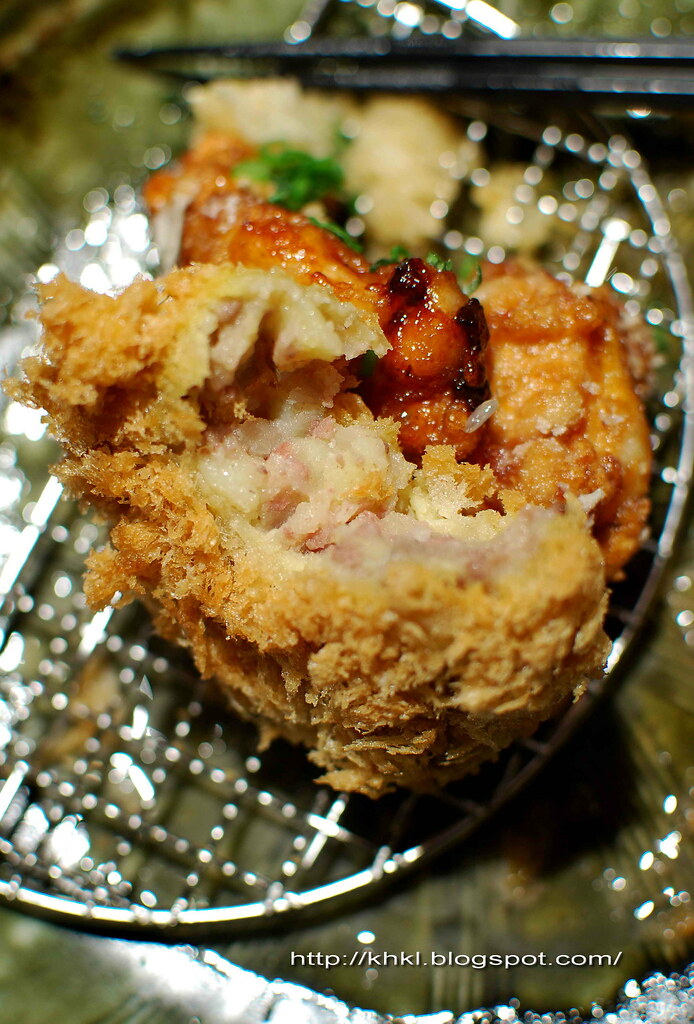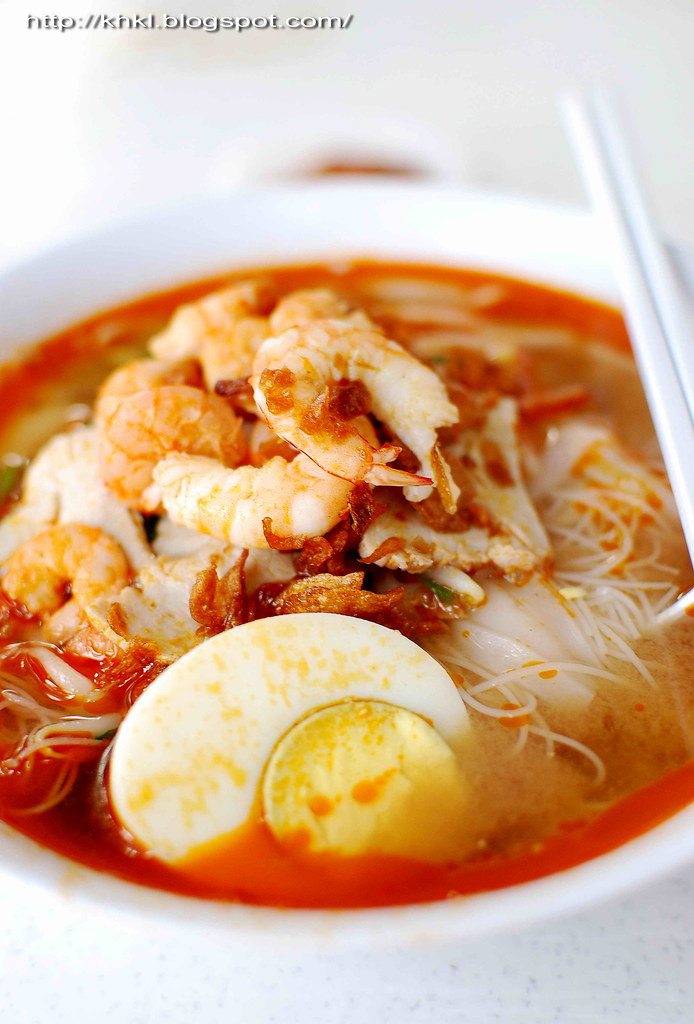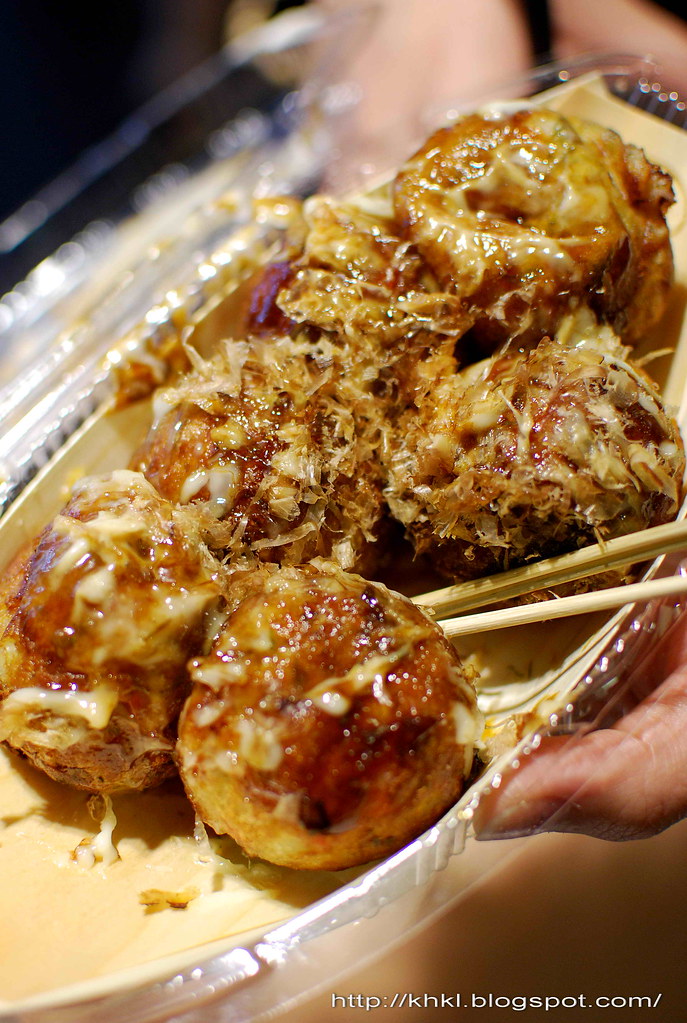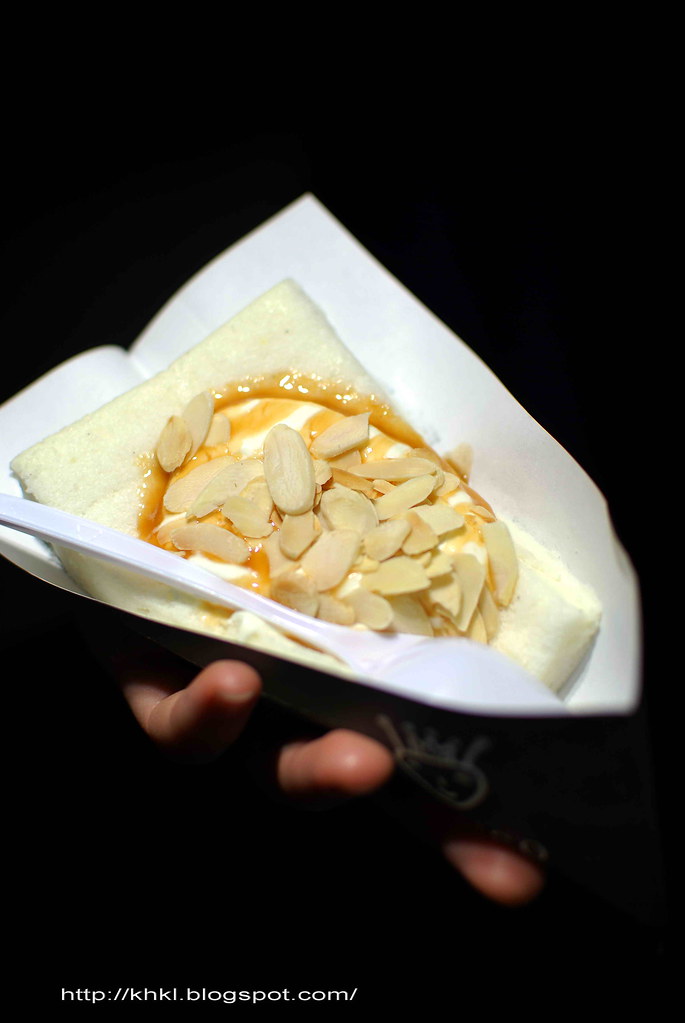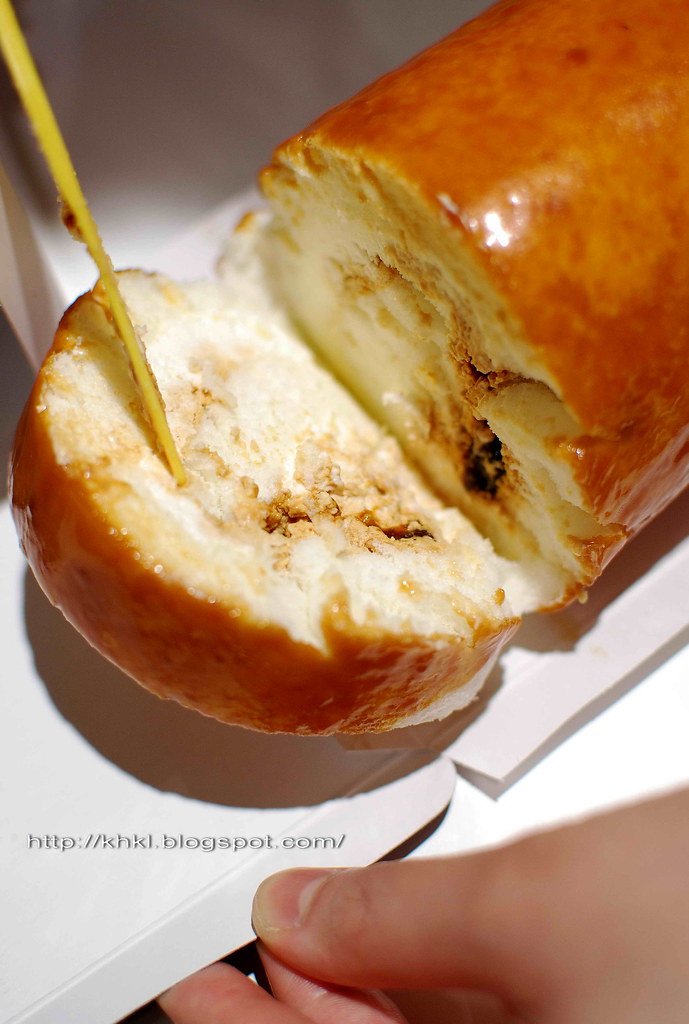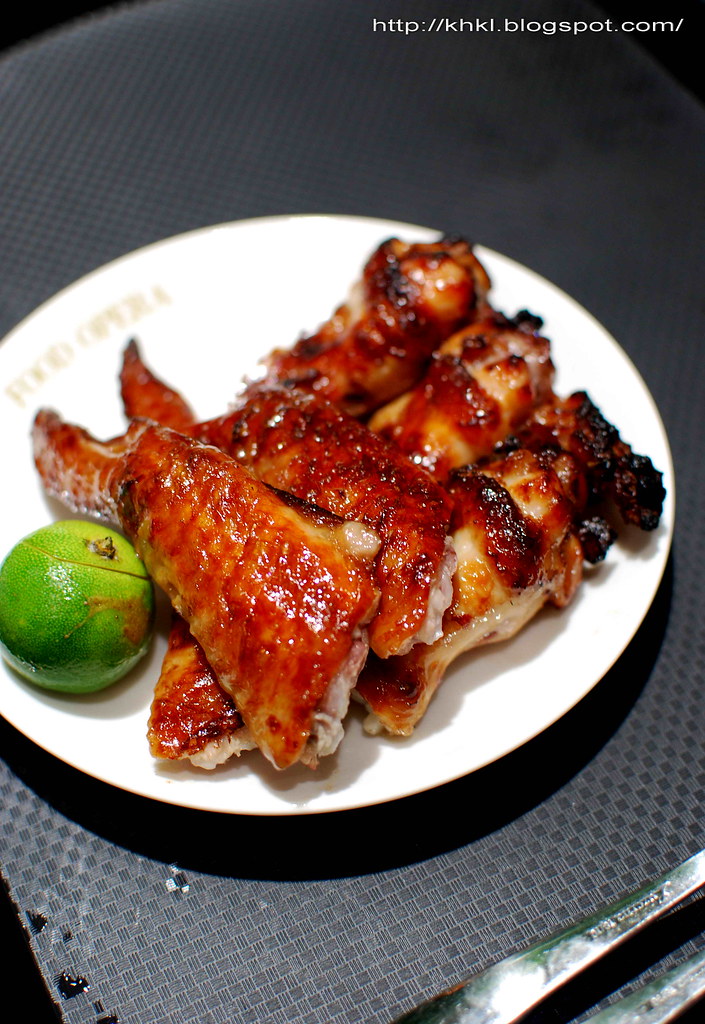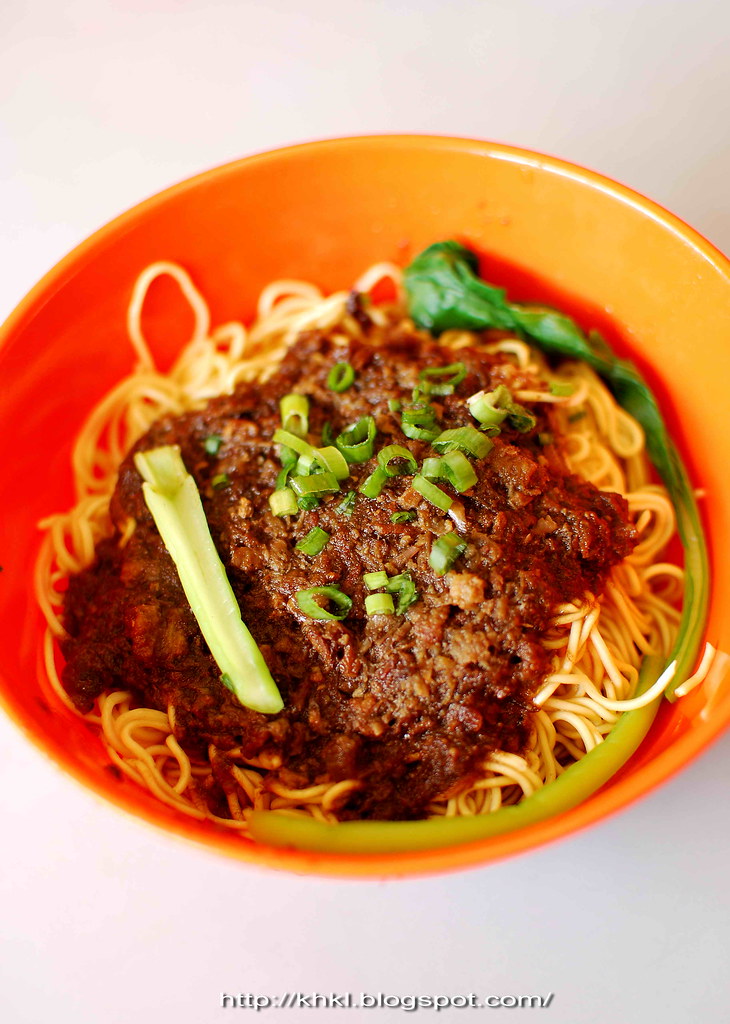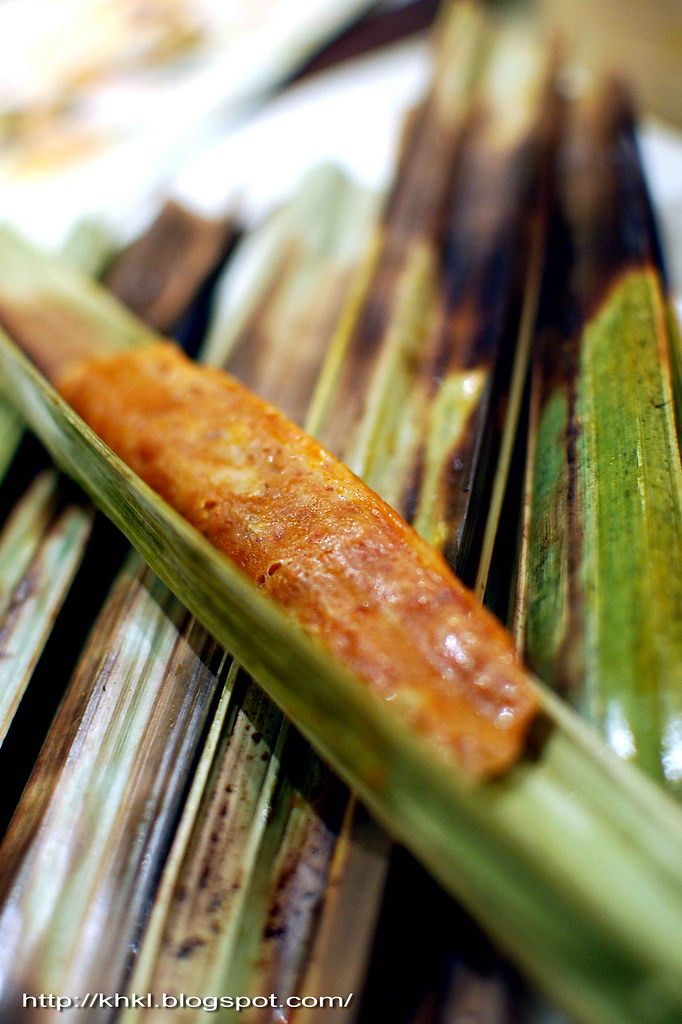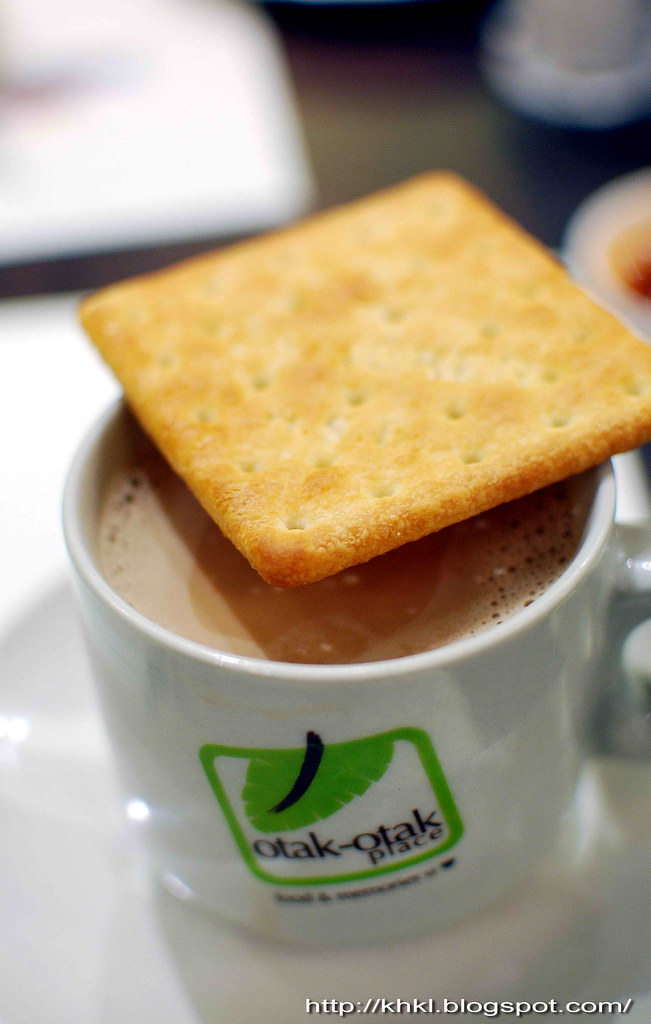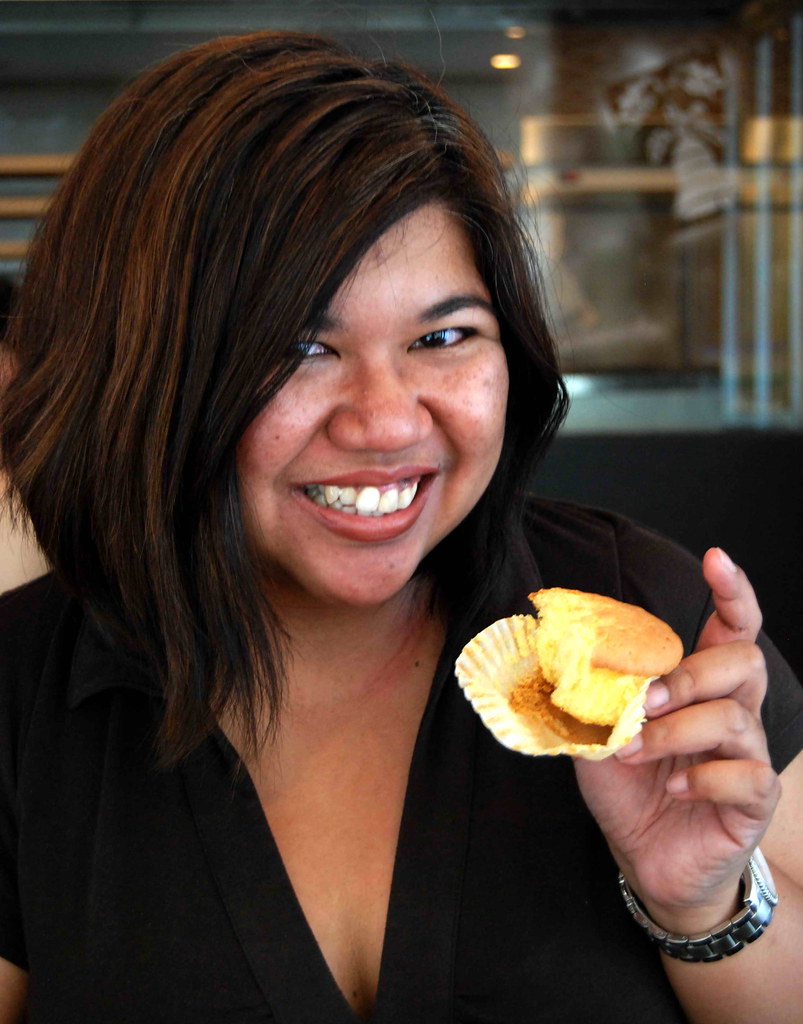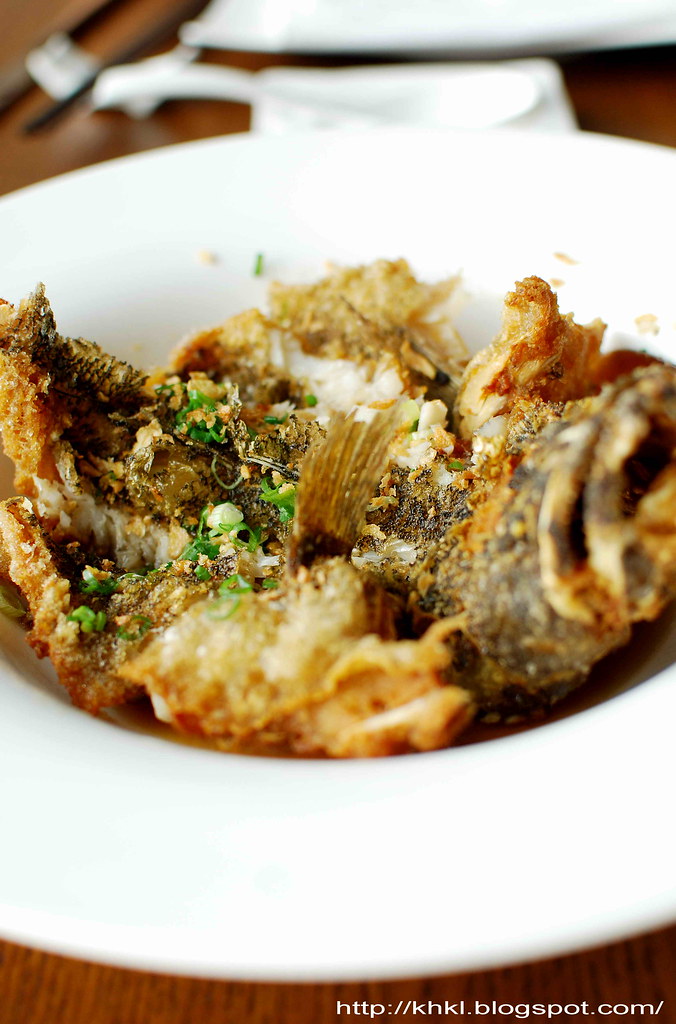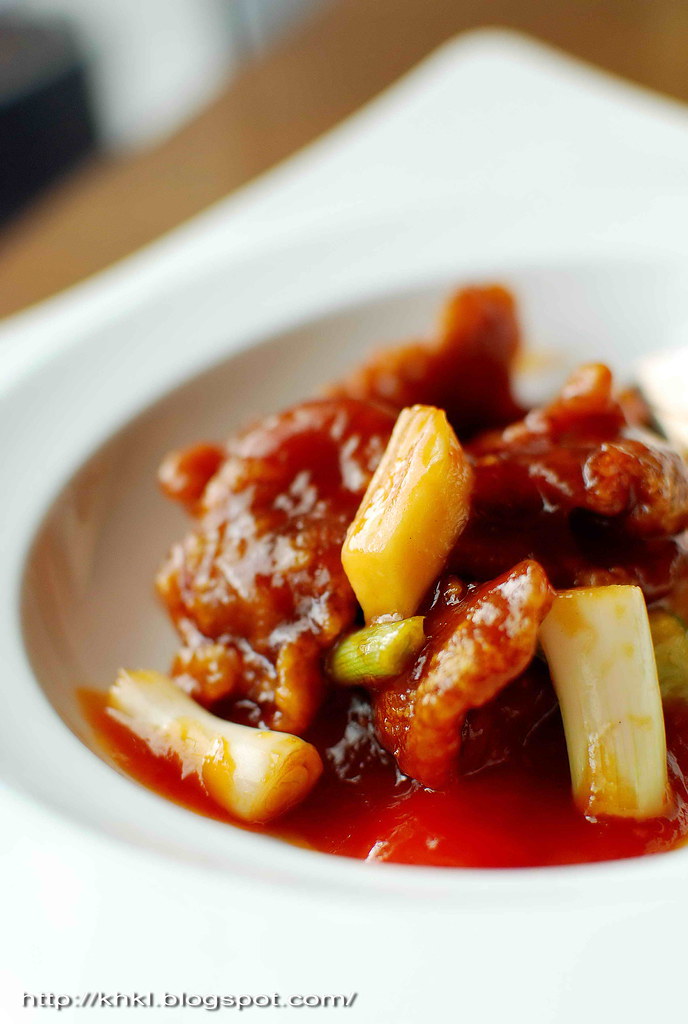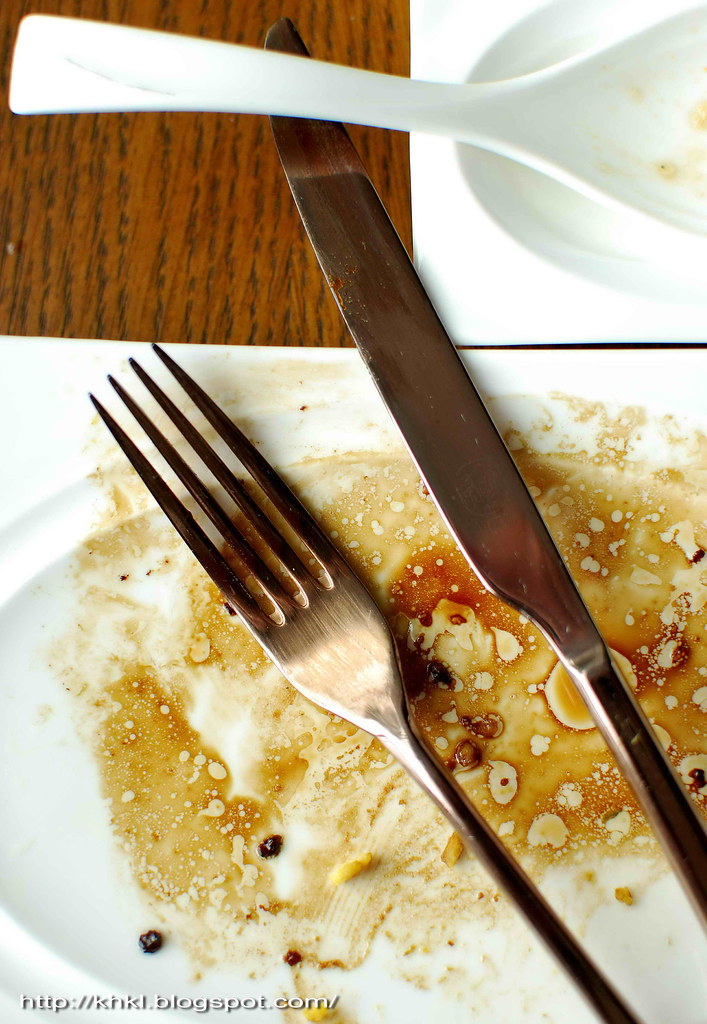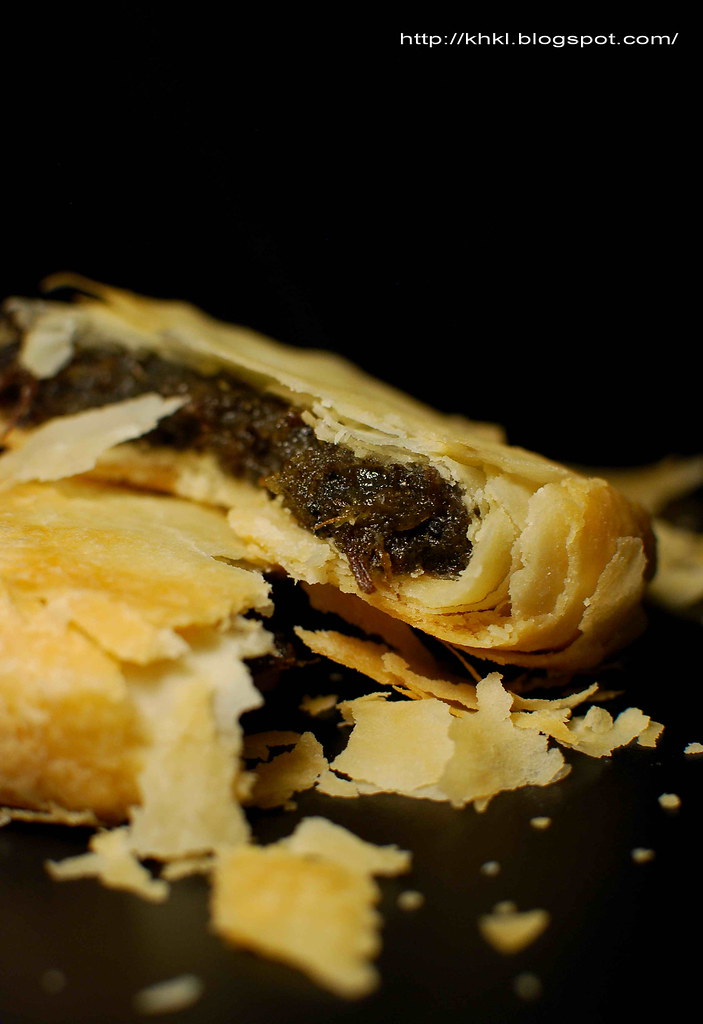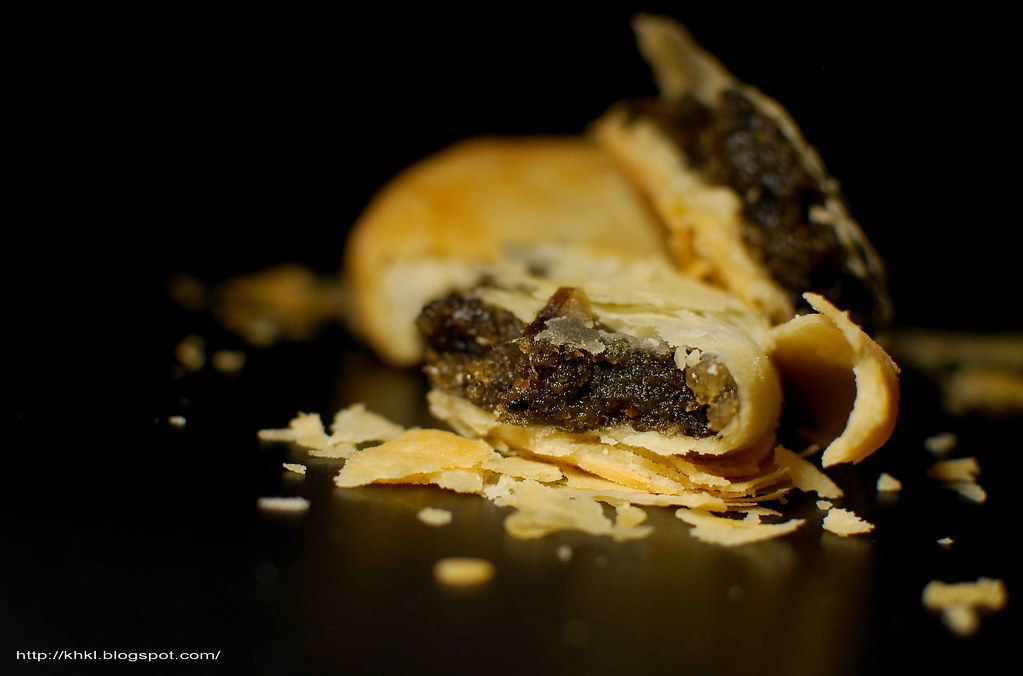The bak kut teh broth was originally made with tea, hence the name. Over the years, it has evolved into a consommé of complex herbs and spices to cater to the growingly complicated and demanding tastebuds. Still, the very essence of the comforting combination of tea and meat never left us. And it’s evident on every table in any bak kut teh restaurant.
Is it true that Chinese tea actually washes away fat, a line we so want to believe and as advised by the elders? Well, let’s see - it doesn’t contain much fibre to absorb the heart-clogging triglycerides we all love nor acidic/hot enough to cause the saturations to disintegrate. So, had our parents lied to us all these years? I don’t think so. They’d probably heard it from their parents as well. I came to a conclusion that it’s no more than to make us feel less guilty after that surrendering act of biting into a seductive cut of belly and letting the aroma that can only be described as impossible take us into momentary divinity.
There’s now a healthier alternative. Don’t stretch your imagination too far because it’s not to the extent of going manic organic or popping some new anti-bkt pills. Nothing vegetarian meat of sort too. There’s just less fat in every bowl that will, hopefully, prolong our lives by another 10 minutes with each sip of the soup or a bite of the fat. And that, I think, it’s already a new milestone for bkt.
It was also at this very restaurant that I learnt of a new side dish that had lived among the Hokkiens for the longest time. It’s called ju yau gou or lard cakes. Made mostly of lye water, it was meant to simulate the same texture of cooked, semi-solid lard. The cubes are independently bland but once dipped into the bkt broth, give this feeling of biting into that sensuous layer of pork belly that has been well-simmered. It's fake orgasm at its best. Of course, there will be people who question the usage of lye water and….the fun of a fake orgasm. What do I think? As long as it yummy...
I did say that there's less fat in every bowl. Now how on earth is that possible? Apparently, the meat is tightened using strings before being infused with flavouring ingredients. This method causes the exertion of higher pressure on the meat, and with sufficiently high heat, is able to squeeze out the molten fat between the skin and the meat. The heat also reduces the broth to give a richer taste. And if that's not healthy enough, the soup is supplied with herbs of medicinal purposes although I couldn't detect any but the usual Chinese angelica and 5-spice powder. It's good morning mental exercise in this restaurant too, as customers strategize to secure any of the limited tables.
There's one question on my mind, still. Now, if the oil's been extracted from the pork, does that mean that it's now IN the broth? The subject of evaporation is of no relevance as the smoking point of lard is somewhat between 120 to 220 degrees Celcius, which by then, would have mostly dried up the pot. So, how healthy is it, really?
(The above load of crap scientific analysis came from, yes, the same person who had 1 bowl each of spare ribs, pork knuckle and trotters to himself.)
Regardless of the fat-washing tea myth, the high smoking point and the lye water, I think the fact that the soup is flavourful and the flaky meat falls off the bone easily and that the collagen (or fat) literally melts in the mouth should guarantee another visit.
*Alerting fellow babitarians*
Lard cake cubes
Gigantic spare ribs
Individual serving of knuckle
Individual serving of trotters
Restoran Pao Xiang Bah Kut Teh
No. 45, Lebuh Bangau
Taman Berkeley
41150 Klang
Selangor, Malaysia.
Tel: (+6012) 263 8869 / (+6010) 278 7230






